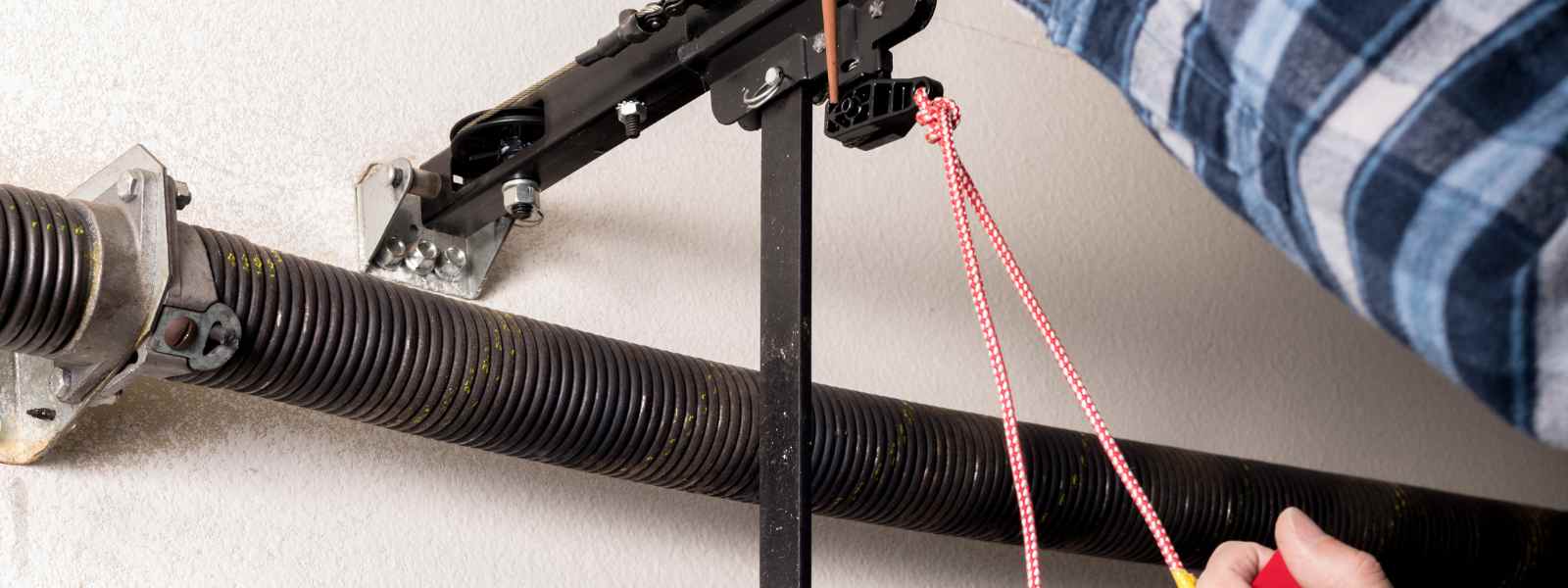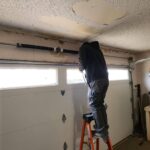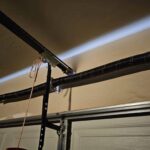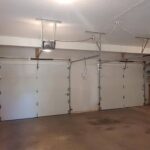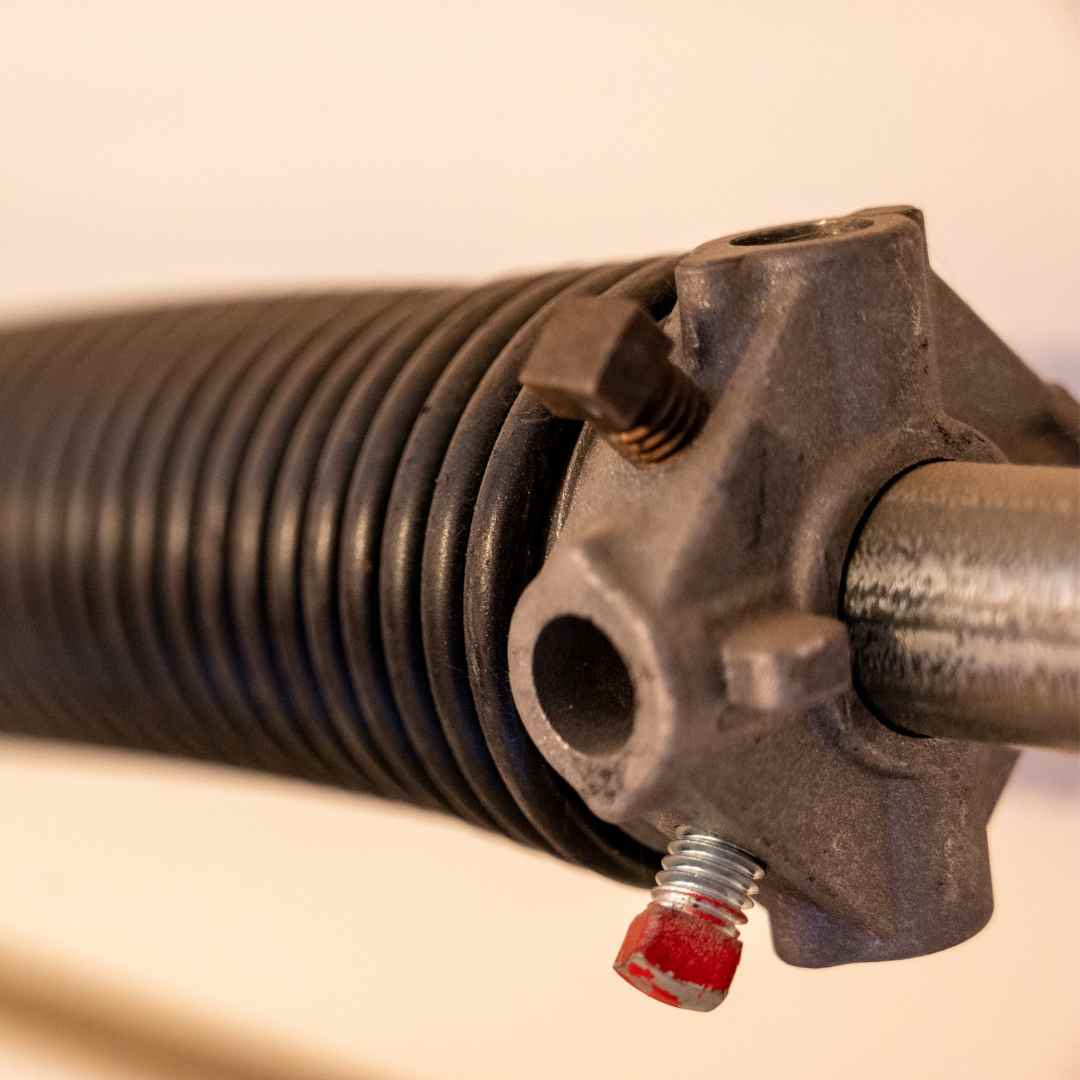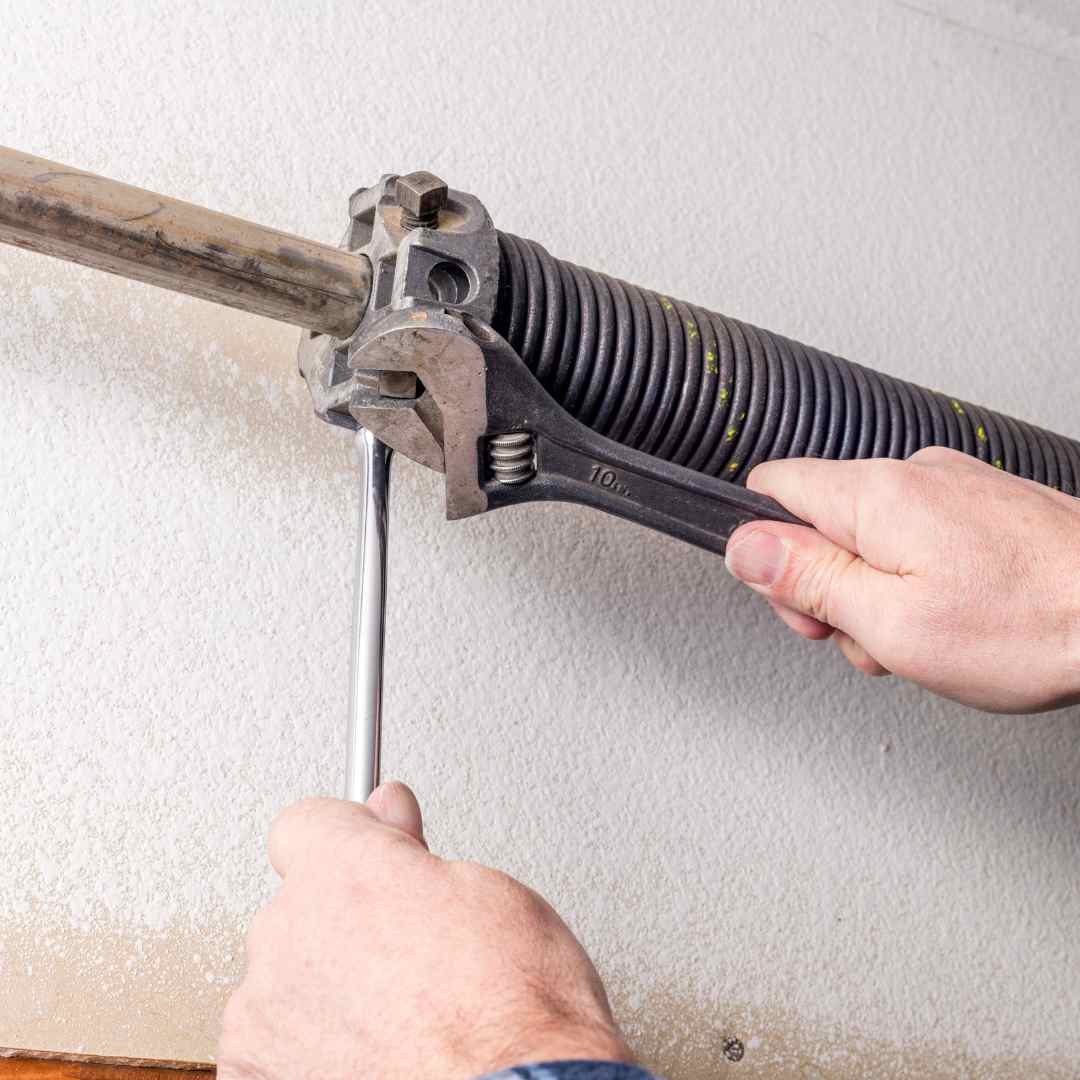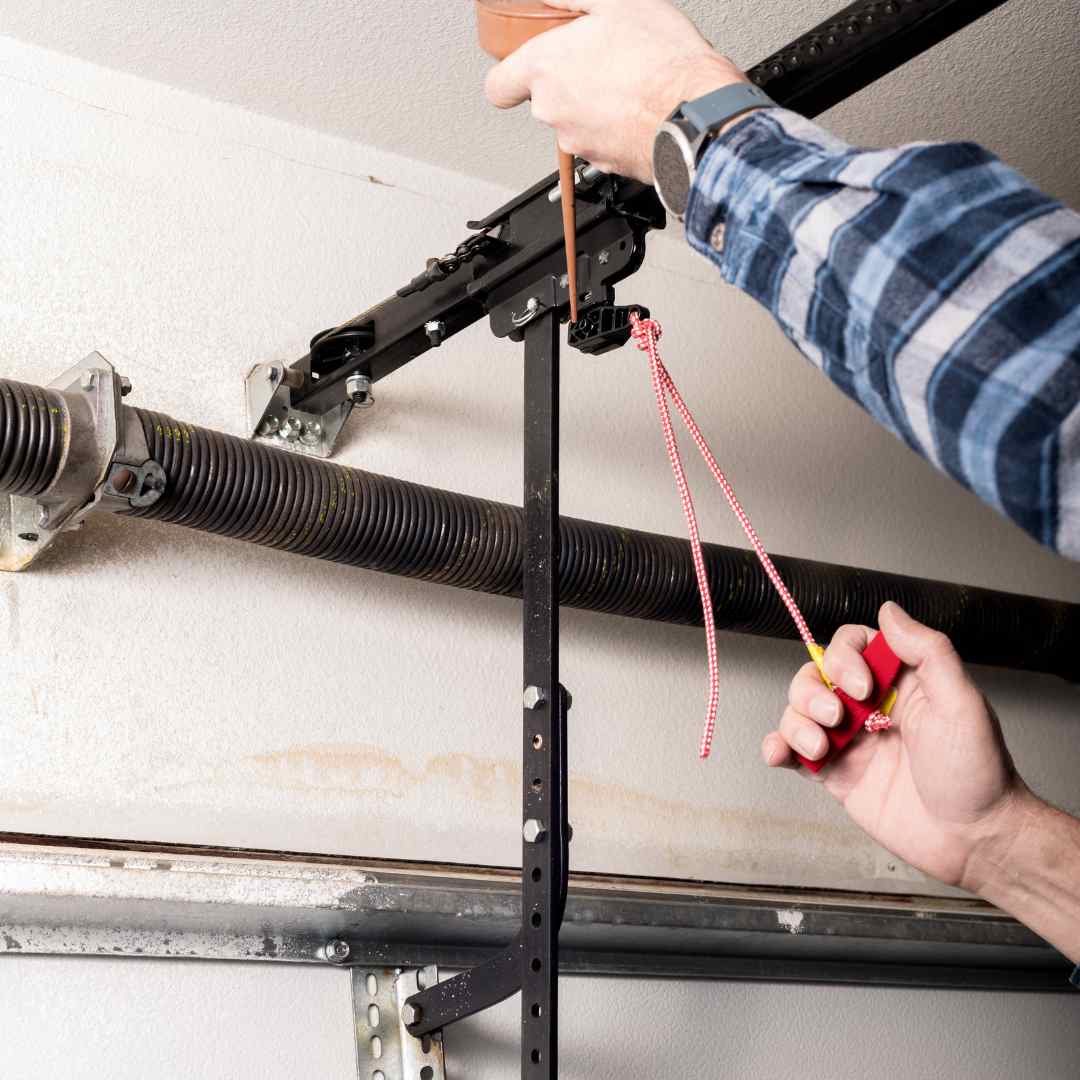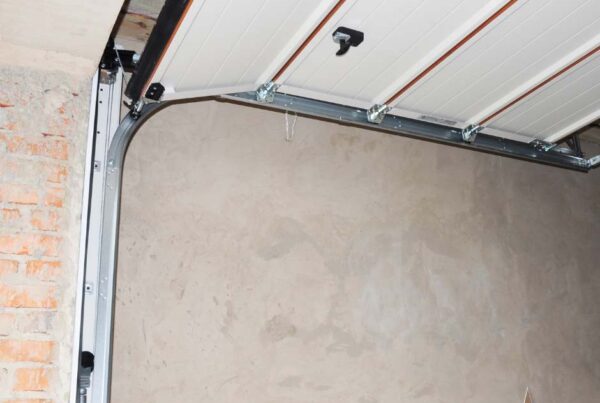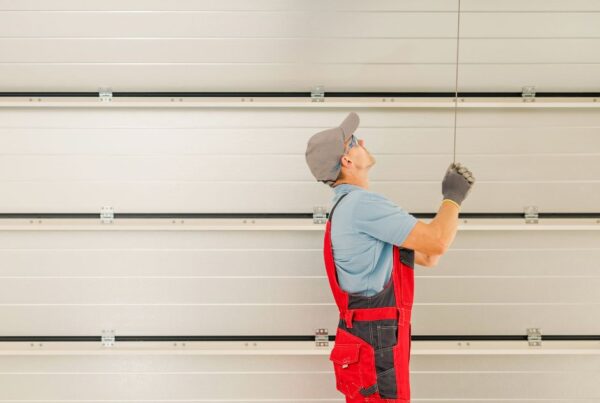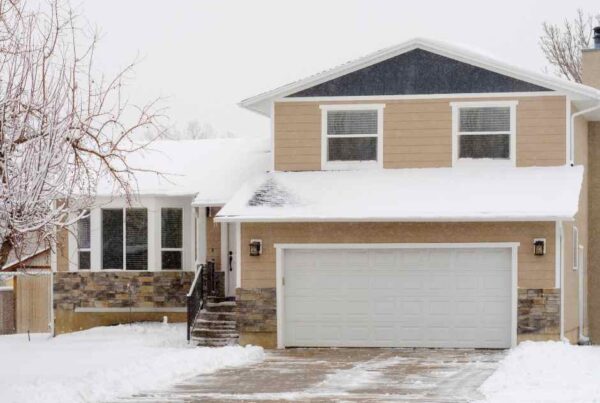Garage doors are integral to the functionality and safety of your home. The garage door spring is a critical component ensuring its smooth operation. Over time, these springs can wear out and may need replacement. Recognizing the signs early can prevent potential hazards and ensure continued efficiency. This blog discusses five crucial signs indicating it’s time for a garage door spring replacement.
Garage Door Springs & Unusual Noises
If your garage door starts making loud, creaking, or groaning noises, it could indicate that the springs are wearing out. These sounds often result from springs that have become rusty or are struggling to bear the door’s weight. When your garage door springs are in good condition, the door should operate relatively quietly.
If you hear loud creaking, groaning, or grinding noises, it’s a strong indicator that the springs are beginning to wear out. These sounds often occur when springs become rusty, lose flexibility, or degrade under constant tension and pressure. Noise can also arise when springs are improperly balanced or lack adequate lubrication.
It’s crucial to pay attention to these sounds as they are early warnings that the springs are under excessive strain and could fail, potentially causing injury or further damage to your garage door system.
Difficulty in Opening or Closing
A clear sign of spring issues is when your garage door doesn’t open or close smoothly, or worse, it feels heavier than usual. Springs are designed to carry the door’s weight; operating the door becomes a challenge if they fail. Garage door springs play a crucial role in your door’s effortless opening and closing.
They counterbalance the weight, making it light enough to be lifted by hand or by the garage door opener. If these springs start to fail, you might notice that the door is significantly harder to lift or doesn’t stay up when opened manually.
Similarly, the door might close too quickly or with a thud. This difficulty in operation not only makes using your garage inconvenient but also poses a risk of the door crashing down unexpectedly, which can be dangerous.
Visible Wear and Tear on the Garage Door Springs
Regular inspections can reveal visible signs of wear, such as gaps in the spring coil or elongation. These physical changes are indicators that the springs are no longer efficient and require attention.
Regular visual inspections of your garage door can reveal the physical condition of the springs. If you notice a gap in the spring coils, it’s a sign that the spring has failed and cannot maintain tension. Other visible signs of wear and tear include elongation of the springs or noticeable rust.
These physical changes indicate that the springs have lost their strength and resilience. It’s essential to address these signs immediately, as worn springs can lead to further wear on other parts of the garage door mechanism, escalating repair costs.
Door Closes Too Quickly or Jerkily
If your garage door slams shut unexpectedly or closes more quickly than usual, it’s a safety hazard. This erratic movement often results from a loss of tension in the springs. A garage door that slams shut unexpectedly or closes more quickly than usual is a significant safety hazard. This erratic movement often results from a loss of tension in the springs, which can no longer adequately support the door’s weight.
Similarly, if your door jerks or bounces when you try to open or close it, it suggests that the springs are uneven or have uneven tension. These issues pose a risk of injury and can cause additional strain on the garage door opener and other components, potentially leading to a complete system failure.
Off-Balance Door
An off-balance door, which might look uneven or saggy, can indicate spring failure. This imbalance puts additional pressure on the garage door opener and other components, leading to further issues. An off-balance garage door can indicate a problem with the springs. To test this, disconnect the opener and manually open the door halfway. A well-functioning door should stay in place, slightly ajar.
However, if it falls shut or opens further, it suggests that the springs are not providing the necessary balance. An off-balance door puts additional strain on the garage door opener and can lead to uneven wear on the door itself. This imbalance needs to be corrected promptly to prevent the door from becoming a hazard and to ensure the longevity of the entire garage door system.
Conclusion
Recognizing these signs and acting can save you from inconvenience and potential dangers. If you notice any of these symptoms, it’s time to contact a professional for garage door spring replacement. Remember, dealing with garage door springs can be dangerous due to the high tension they are under, so it’s always recommended to seek professional help.
Are you experiencing issues with your garage door? Contact us for expert garage door maintenance and spring replacement services.

